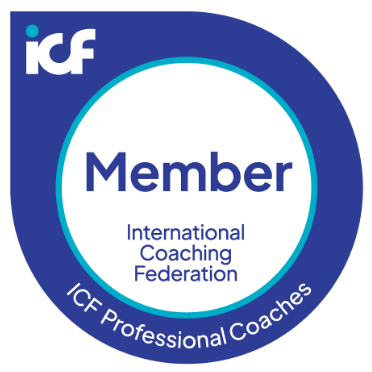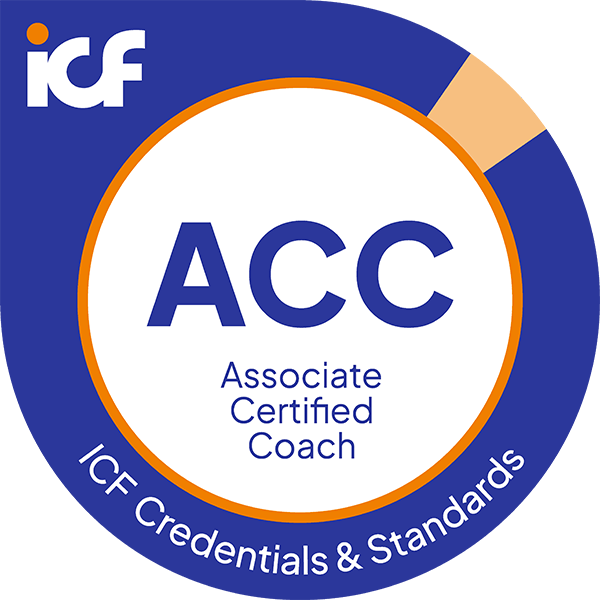
My Experience with Coaching
Let me share a life-changing moment with you. As an HR professional and People Manager, I often used coaching to develop others. But it wasn’t until I sat in the coachee’s chair that I truly experienced its transformative power and decided to embrace it as a profession. That profound experience deepened my self-awareness, reconnected me with my authentic self, and sharpened my problem-solving skills. It also boosted my confidence as a new entrepreneur, enriching every aspect of my life. Embracing the coaching mindset has become essential to who I am. I invite you to discover its power for yourself.
Coach Nicoleta

1. What is and what is not coaching?
Coaching is a collaborative professional relationship where a trained coach works with you through guided questioning to help you clarify goals, identify obstacles, and develop strategies to achieve your goals. Coaching distinctly differs from mentoring and consulting in that it doesn’t involve imparting knowledge, expertise, or ready-made solutions. Furthermore, it is separate from counseling and therapy, as its purpose is not to diagnose or address mental health conditions.
2. How coachable am I?
Determining if you are a coachable person involves self-reflection and an honest assessment of certain qualities. Here are some traits that suggest you may be coachable: Open-mindedness, Self-awareness, Desire for improvement, Receptivity to feedback, Commitment, Flexibility, Reflective practice. If you find that you possess many of these traits, it suggests that you are likely coachable. It is important to note that personality development is a journey, an ongoing process that requires time and commitment. A coach can guide and accelerate this process, but your commitment to develop your personality and follow your plans is critical in this endeavor.
3. Not sure exactly what is my topic for coaching.
Identifying a coaching topic can be a gradual process. Your coach can play a crucial role in helping you gain clarity on your coaching focus through a variety of methods. If you have more topics you’d like to explore in coaching, don’t worry either. It’s a positive sign of your commitment to personal or professional development. Here is what you can do: prioritize topics or discuss with your coach. Your coach is here to tailor the coaching experience to meet your needs.

What to Expect in a Discovery Coaching Session?
A discovery or a exploratory coaching session typically refers to an initial meeting between the coach and you, as a client. This session is designed to explore your goals, challenges, and expectations for coaching. The primary purpose is to establish a foundation for the coaching relationship and determine whether there is a good fit between the coach’s expertise and your needs.
Key aspects of a discovery coaching session may include:
Goal Setting: You and the coach work together to clarify and articulate your goals. This involves discussing what you wants to achieve through coaching and identifying areas of focus.
Requirements Assessment: The coach seeks to understand your current situation, challenges, and any obstacles they you may be facing. This helps in tailoring the coaching approach and the needed tools and personality assessments to your specific needs.
Expectations: Both the coach and the client share their expectations for the coaching relationship. This includes discussing the coaching process, frequency of sessions, and any other relevant logistics.
Coaching Style: The coach may provide an overview of their coaching style, approach, and the tools they use. This helps the client assess whether the coach’s style aligns with their preferences and learning style.
Mutual Agreement: The discovery session often concludes with a discussion about whether both the coach and the client feel comfortable and confident moving forward. It’s an opportunity for the client to decide if they want to commit to a coaching relationship with that particular coach or they may need more time to think and find out additional information.
Discovery coaching sessions are essential for establishing rapport, building trust, and ensuring that the coaching relationship is a collaborative and supportive partnership. It allows both the coach and the client to determine if they are a good fit for each other and if coaching is the right approach for the client’s goals.



